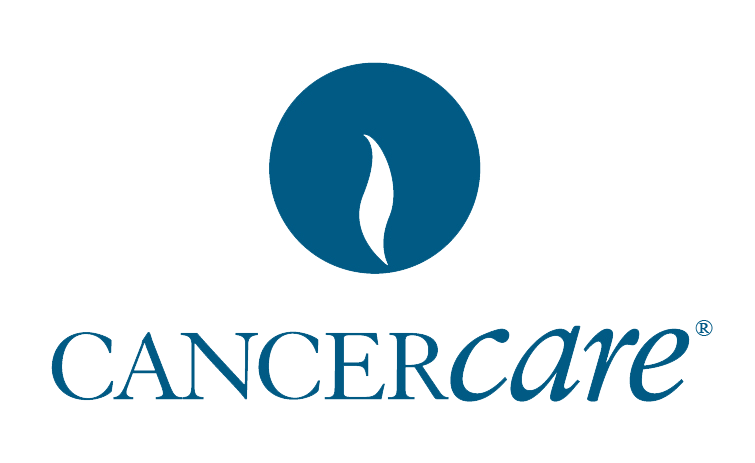- About
- Advertise / Support
- Contact
- CancerNetwork.com
- TargetedOnc.com
- OncLive.com
- OncNursingNews.com
- Terms & Conditions
- Privacy
- Do Not Sell My Information
© 2024 MJH Life Sciences™ and CURE - Oncology & Cancer News for Patients & Caregivers. All rights reserved.
CancerCare®’s Caregiver Decision-Making Survey Results Reveal Gaps in Support For Caregivers
Report Outlines Recommendations For Improving Caregiver Support
CancerCare, the leading national nonprofit organization that provides free, professional support services to anyone affected by cancer, has released “Cancer Caregivers: National Research Report on Shared Treatment Decision-Making.” It details the findings of its Caregiver Decision-Making Survey, which polled a nationally representative sample of 2,703 unique cancer caregivers, between February and July 2021. The size of the respondent base and laser-like focus on caregivers and shared decision-making provides an unparalleled view of this population’s challenges and needs for support.
The survey, building on CancerCare’s 2020 white paper that explored caregiver participation in treatment decisions, provides a fuller understanding of caregivers’ often unmet needs and experiences in shared decision-making—including their roles, considerations and challenges. The report also seeks to inform and encourage clinicians, organizations, medical associations and health care systems to develop programs and materials that support patients, caregivers and their participation in treatment decision-making.
“Caregivers are the unsung heroes in cancer care,” said Patricia Goldsmith, CancerCare’s CEO. “For many loved ones, caregiving is a full-time, unpaid job. These survey results reinforce what we have long observed in our work: Caregivers need more support.”
Ellen Miller-Sonet, CancerCare’s Chief Strategy and Policy Officer says, “Acknowledging the enormous psychosocial stress that cancer caregivers often experience, as well as the services dedicated to supporting caregivers, the report states existing programs don’t seem to be sufficient. Caregivers are faced with information needs as soon as their loved one is diagnosed, and they immediately become immersed in helping to make medical choices for which they are ill prepared. Many caregivers are dissatisfied with the educational materials provided by the clinical care team and most indicated that they need more information to effectively share in making these very important decisions.”
One key finding highlighted significantly different experiences of Hispanic caregivers compared to non-Hispanic caregivers and pointed to a clear need for more relevant and compelling support for the Hispanic population. Although responses from Hispanic caregivers indicated they are more likely to be involved in treatment decision-making situations, the data also revealed much more stress and less family support compared to their non-Hispanic counterparts. In addition, Hispanic caregivers were significantly more likely to perceive bias from the patient’s clinical health care team.
Based on the survey responses, the report offers several detailed recommendations to more effectively support the needs of caregivers who participate in their loved ones’ treatment decisions. With this additional insight, stakeholders can strengthen existing resources and create new programs to support caregivers as they strive to provide the very best care they can.
Read Cancer Caregivers: National Research Report on Shared Treatment Decision-Making here.
Support for this initiative has been provided by Amgen; Astellas US, LLC; Eisai Inc.; GlaxoSmithKline; Jazz Pharmaceuticals; Merck & Co. Inc.; Pfizer; and Regeneron.
Related Content:



